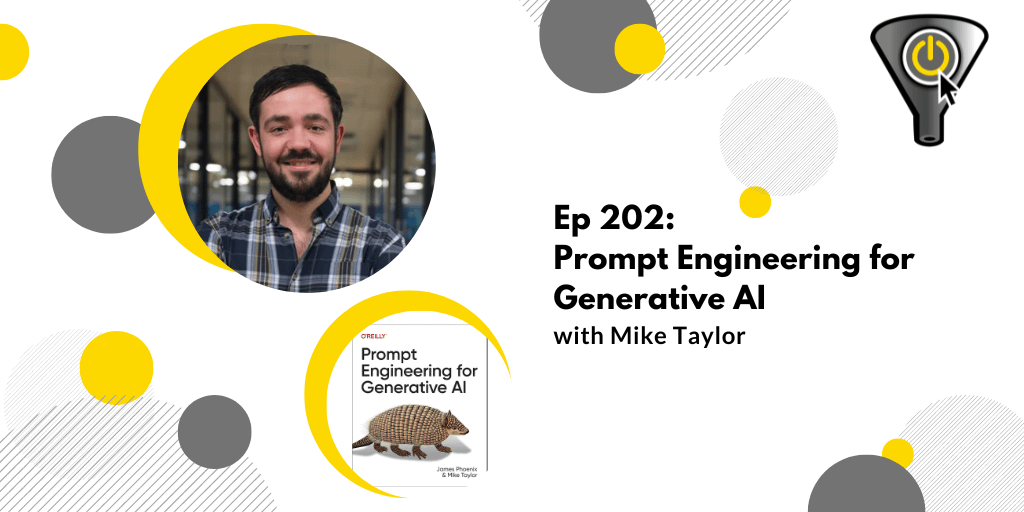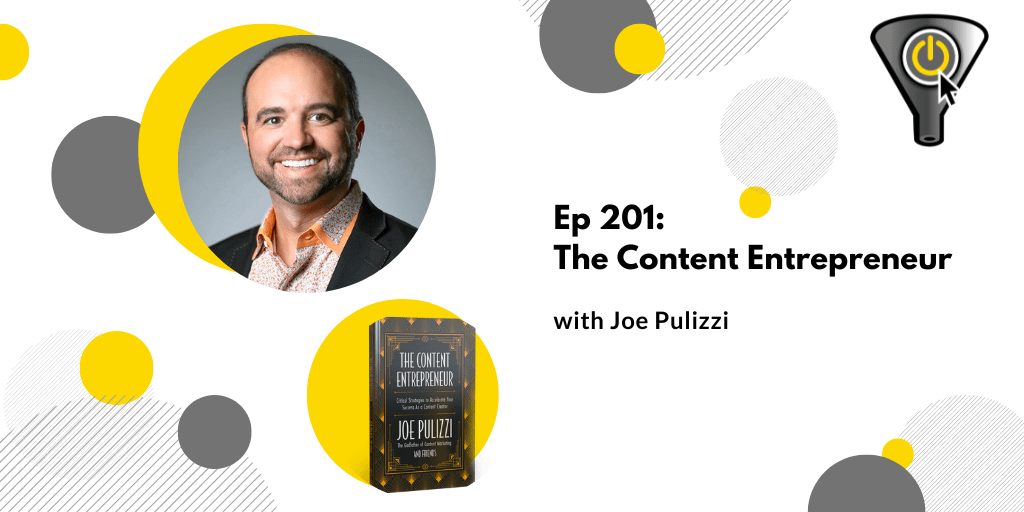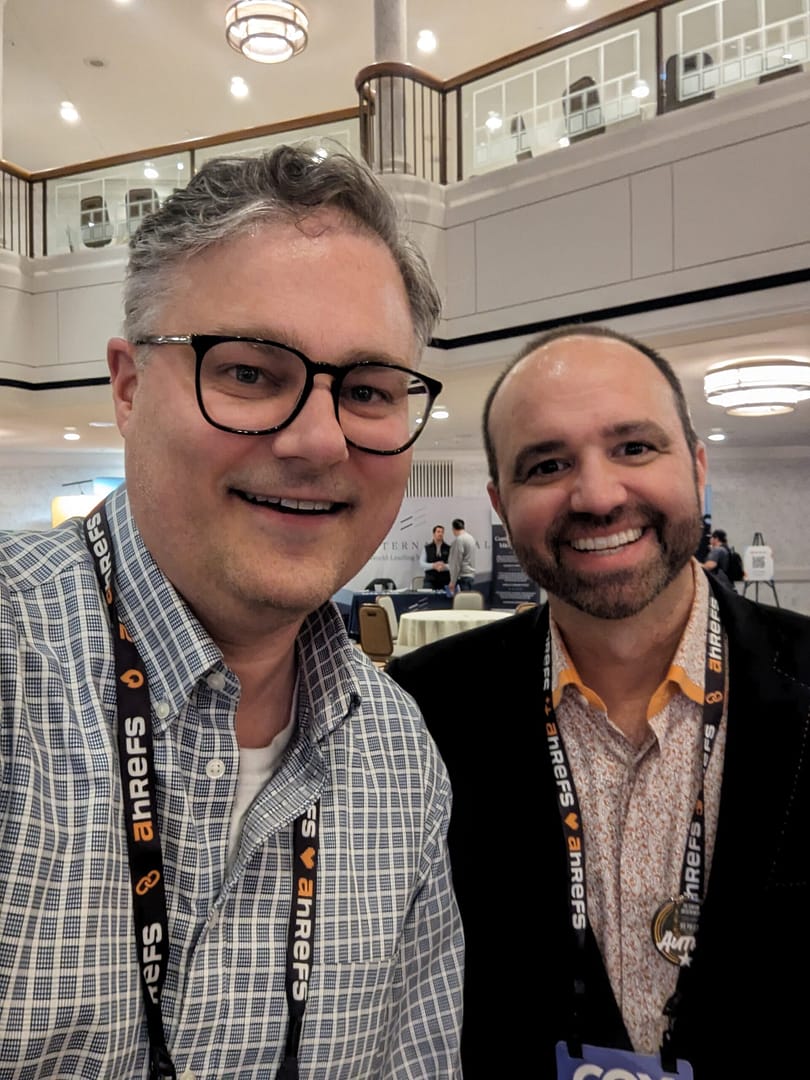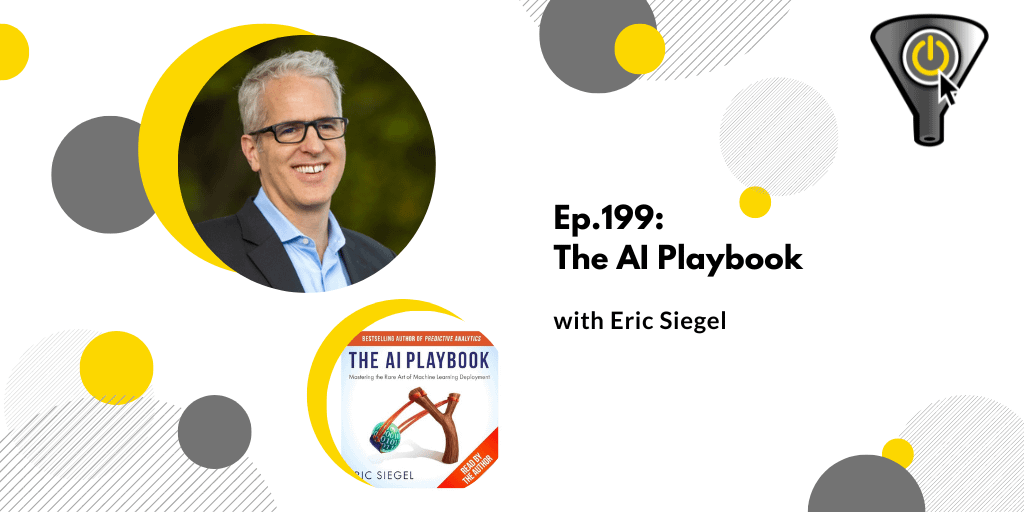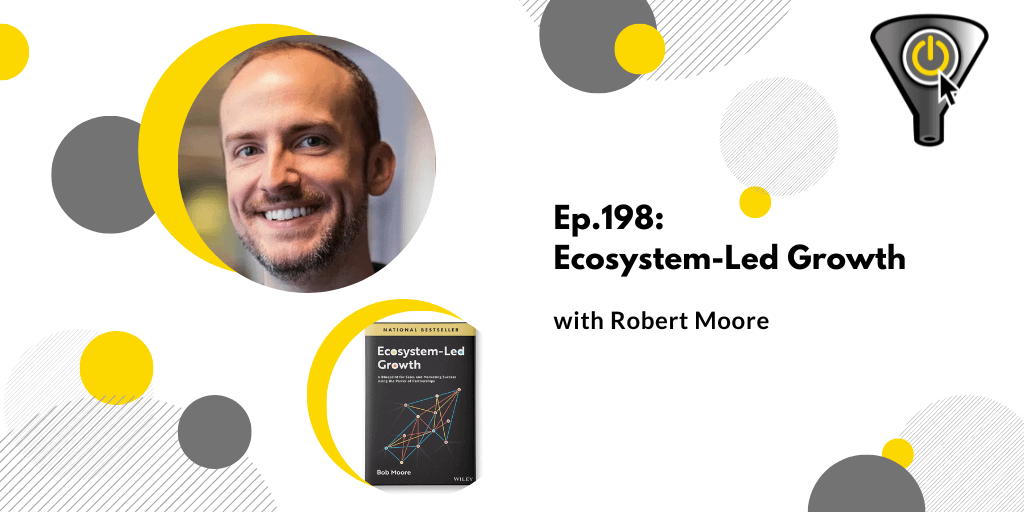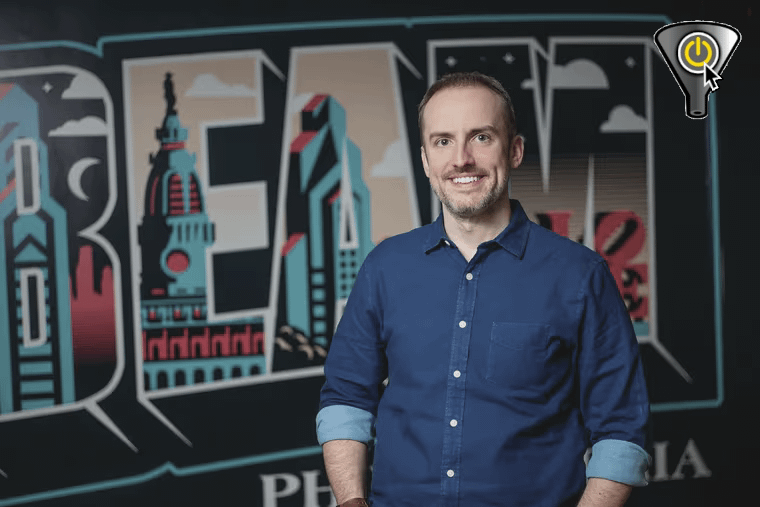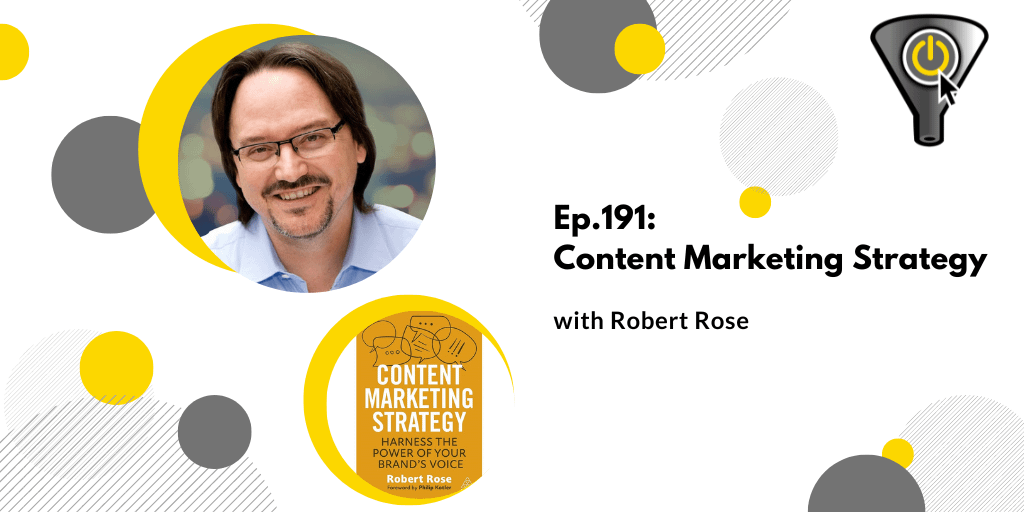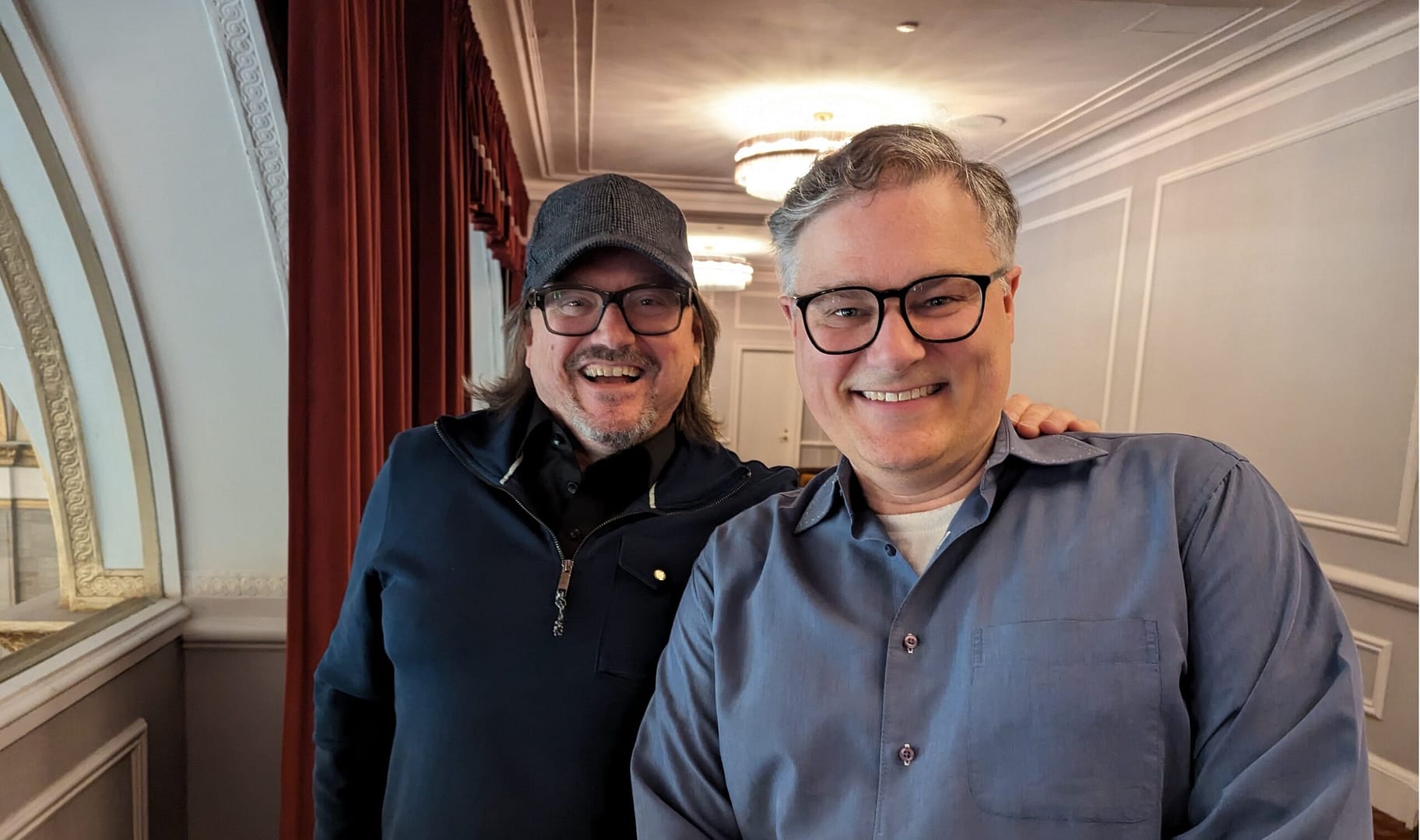Episode 202
One of the most famous western philosophers of all time is GWF Hegel. He influenced other thinkers like Karl Marx, Soren Kierkegaard and Jean-Paul Sartre. He lectured at the universities of Jena, Heidelberg and from 1818 until 1831, at Berlin. As a matter of fact, his lectures there drew students from all over campus, to the point that the belltower at the University would sound its bell to announce the start of Hegel’s lectures
People may have flocked to hear him, but that doesn’t mean they understood Hegel. One student who went on to write a biography of him was Karl Rosenkranz, who said “His lectures were not clear and systematic presentations, but profound expositions of the inner movement of concepts, which often raised more questions than they answered”…..in another part, he said “The students often complained that Hegel was difficult to understand.”
Many moons ago, I was a Political Science major, in which I had to take a philosophy course that covered Hegel – I had the toughest time understanding him and Hegel still confuses me to this day. I read & re-read his words, but I don’t get what he’s saying.
Same with Superintelligent AI like ChatGPT – when we ask it questions, there always seems to be a randomness factor. Sometimes it gives you amazing results, while other times it leaves you scratching your head at its hallucinations…its stupidity.
If you have this problem, it might not be the AI—it might be your prompts! There are hacks to how you craft them – and this has given rise to a whole field – prompt engineering.
Our guest co-founded a 50 person marketing agency called Ladder. He has designed courses on LinkedIn Learning & Udemy that 350,000 people have taken. And he was a very early user of Large Language Models – the brains behind Generative AI.
In 2023 he came on Ep 168 of this show for the book “Marketing Memetics.” In 2024 he came out with an O’Reilly book titled: Prompt Engineering for Generative AI. Let’s go to Liverpool, England to talk with Mike Taylor.
Chapter Timestamps
0:00:00 Intro
00:03:28 Welcome Mike
00:11:27 Expressing all that’s needed for a GPT to produce good response
00:20:24 Using AI context window
00:34:48 PSA
00:35:26 Training GPT on proprietary data
00:41:19 Agentic use of GPT
00:47:52 Training GPT for writing
People/Products/Concepts Mentioned in Show

